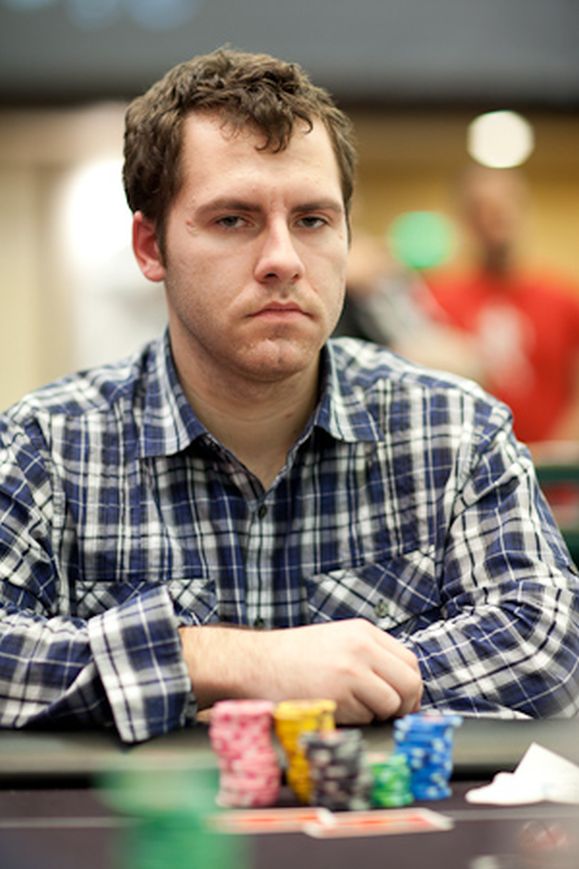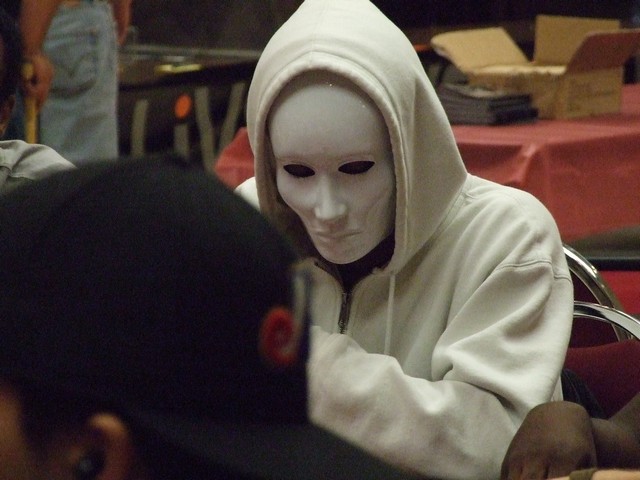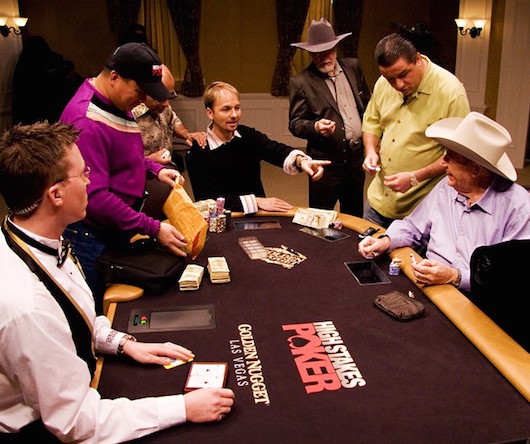Some people assume because online poker is anonymous, posing as somebody else online is not cheating, but Barry Carter argues otherwise.

The big poker story of the moment is without doubt the allegations that Daniel Cates ‘ghosted’ Bill Perkins, Dan Bilzerian and other recreational players in private online high stakes games. He is alleged to have played on the account of Sina Taleb, or at least given him advice in real time.
This game was supposedly full of rich amateur players who thought they were playing against Taleb. The games were specifically intended to keep players of Jungleman’s calibre out. If the story is true, the players in the game assumed they were up against another recreational player, not one of the best cash game players in the world.
Ghosting is basically when a better player takes over the account of another player. Either literally playing on it, or giving them advice in real time. Some in the poker community do not consider it a form of cheating because it still requires the player to make good decisions and catch cards, unlike collusion or super using which essentially make it impossible to lose. Also in online poker we are used to anonymous accounts and whenever a professional opens an account at a new site, they can enjoy the same benefit of not scaring people off for a while. So some people consider ghosting very similar to simply playing on a new poker account.
The smaller the field the bigger the edge

It may be an inevitable that most of the time you do not who your opponent is online, but ghosting still is cheating. Although it is probably at the lower end of the league table of cheating, there is a reason why poker sites prohibit it.
Ghosting and multi accounting are a particular problem at high stakes where the player pools are small. If you ghost in a 1,000+ runner tournament you rarely will see the same players enough to see a benefit. But in small circles, like a regular private game, your previous experience against your table mates informs most of the decisions. The players in Perkins and Bilzerian’s private game will likely have developed an image of Sina Taleb, what his tendencies are, what he is capable of bluffing, value betting and folding. That will have informed some of their decisions and if theyt were ghosted they very likely will have made mistakes because of who they thought they were up against, rather than whether it was merely a technical error.
Then there is the simple game selection aspect of it. We cannot control many things in poker but where we play is one of them and arguably makes the biggest difference to our bottom line. The fact of the matter is they would not have played in a game with Daniel Cates because he has a tremendous edge, which is precisely why they arranged these unregulated private games.
A game of imperfect information

The player who ghosts literally has access to information that the rest of the table does not, which is not fair. In games with small circles of players, this could create an incredibly unfair edge.
Cates claims not to have played against Bilzerian and Perkins has hinted that more names are involved. Given the games were played on unregulated freeplay apps I cannot see any damage being done to those accused other than reputational harm, which might not be much considering a large portion of the poker world don’t think ghosting is much of, if at all, a crime.
Poker is a game of imperfect information and we lie to each other all the time in the form of bluffing. You could make the claim, therefore, that poker is a game of deceit and thus a lot of bending of the truth is fair game. Is it unethical, for example, for a player to wear sunglasses and a hoody in a live game in the hopes you do not recognise them to be a known professional? Is it wrong to pretend you are drunk to create a loose table image? Is it shady to create a screenname really similar to that of another player to make it look like you are them to somebody not paying attention?
I’m not sure where the line is, but I do know literally assuming the identity of somebody else because you are otherwise defacto barred from the game is well over it.
Do you consider ghosting a form of cheating? Let us know in the comments:
source https://casinonewsblogger.com/why-ghosting-in-poker-is-still-cheating/

No comments:
Post a Comment